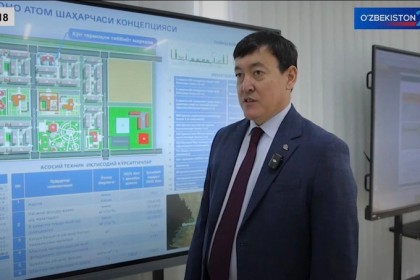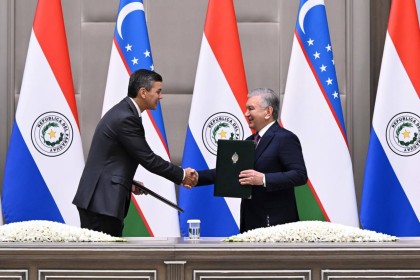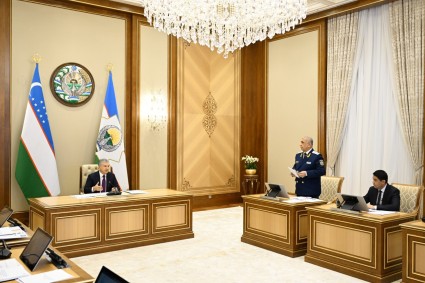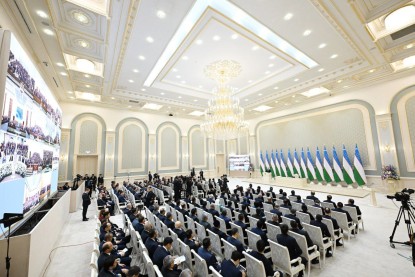President Shavkat Mirziyoyev on January 10 signed a decree "On measures for further improvement of transport service system and passenger bus service in cities and villages." The text of the document and its commentary has been published by UzA.
The decree is aimed at improving the transport service in cities and villages, primarily in rural areas and raise the passenger safety. To this end, the Program for development of transport service in cities and villages for 2017-2021 has been approved.
Over 8600 passenger vehicles will be purchased over the next five years, including 5700 units of comfortable minibuses.
Bus stations, stopping points will be built on standardized projects, with use of lightweight structures and materials, predominantly locally produced (metal, sandwich panels, and so on).
To ensure the quality of passenger services it is planned to step-by-step introduce permanent bus and minibus GPS tracking system.
The Uzbek Agency for Automobile and River Transport has been instructed with tasks of coordination and control over the development and implementation of measures aimed at improving the passenger service quality. An effective feedback mechanism between Uzbek Agency for Automobile and River Transport with the population will be implemented via the website and hotlines.
The five-year program worth 840 billion soums will be financed through funds from Uzavtosanoat-Leasing and other leasing companies, commercial bank loans, private investment, and local budgets and other funds not prohibited by law.
Decree provides that leasing companies and carriers will not pay fees for the purchase of new minibuses paid to the Republican Road Fund.
Also it provides for the exemption from customs payments (except customs duties) of all materials, equipment, parts, imported and not produced in Uzbekistan, that are intended for GPS tracking, as well as the introduction of a cashless fare collection system .
It is expected that the Decree will contribute to ensuring the security of passenger traffic and a high quality passenger service, the compliance with movement schedules and intervals, effective consumer protection in the field of road transport, financial stability of the carriers.















